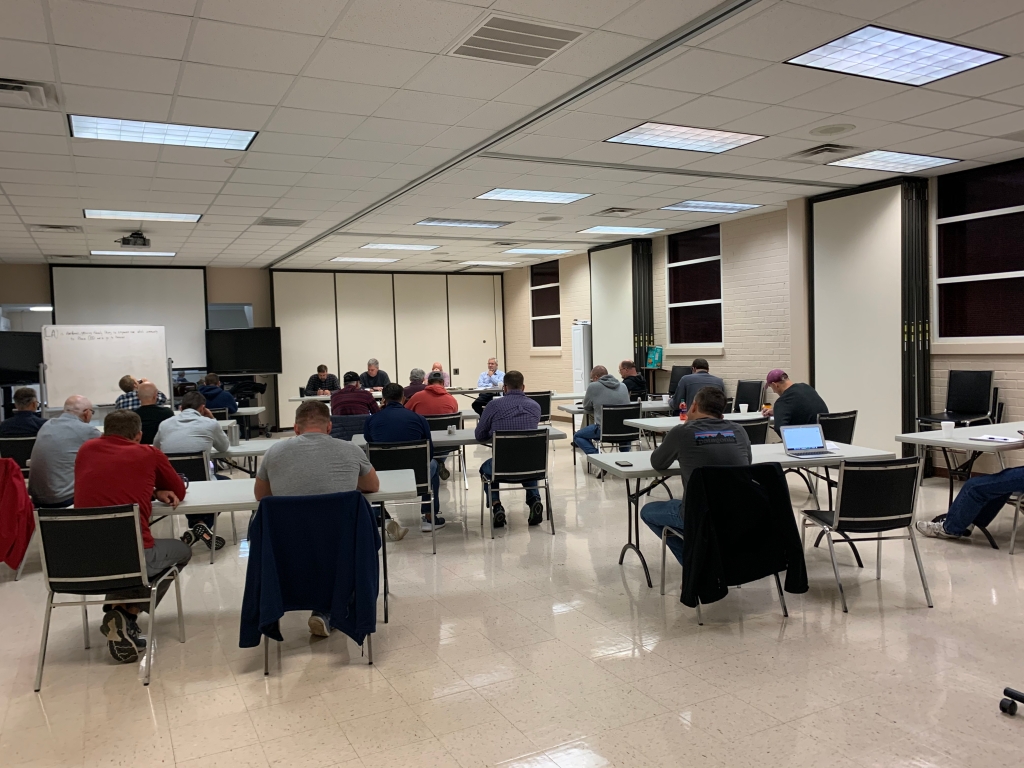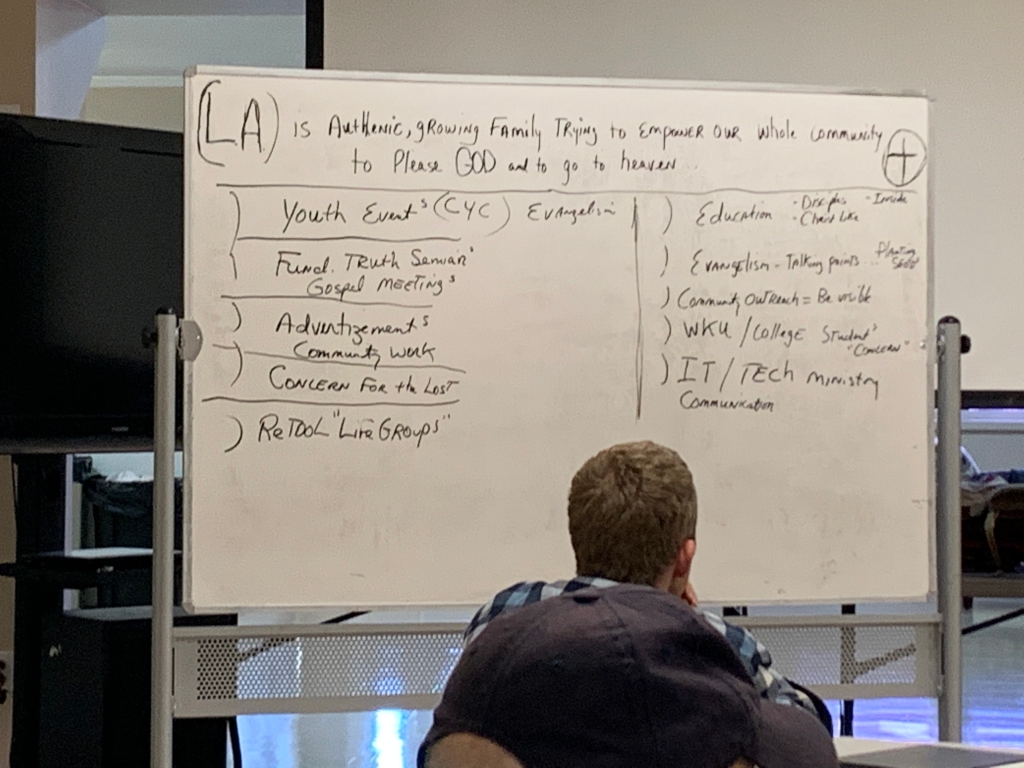Carl Pollard
Church attendance in western culture has shifted toward a consumer model: people want inspiration, community, and moral reinforcement without reciprocal obligation.
Surveys from Barna and Pew consistently show that active involvement (serving in ministries, financial giving beyond easy amounts, discipleship) hovers below 20% in most congregations. So around 1 in 5 people in the church are actively involved and growing.
This pattern reflects a deliberate preference for low-pressure environments. People gravitate toward churches that minimize demands on time, energy, and resources, creating a feedback loop where leaders, fearing decline, reduce expectations to retain attendance. The result is a complacent church that prioritizes comfort over transformation.
Scripture offers us helpful insights. In Matthew 25:14–30, the parable of the talents illustrates stewardship as non-negotiable. The servant who buries his talent is not condemned for incompetence but for inaction rooted in fear and misunderstanding of the master’s character (v. 25). In the same way, modern complacency often stems from a distorted view of grace, treating it as permission to coast instead of power to grow.
Paul counters this in Ephesians 2:8–10: salvation is “not by works,” yet Christian’s are “created in Christ Jesus for good works, which God prepared beforehand.” The text puts grace before works, but never severs them. Involvement is not additive to faith; it is its evidence!
James 2:14–17 provides more clarity: faith without action is “dead,” not deficient, but non-existent in functional terms. A body without movement is a corpse. Complacent churches foster spiritual necrosis: members gather, sing, and leave unchanged. The pressure to engage, whether through serving, giving, or accountability, is not manipulative; it is medicinal.
Hebrews 10:24 uses the verb paroxysmon (“spur” or “provoke”), a term elsewhere negative (Acts 15:39), here used to describe mutual exhortation. Healthy tension is intrinsic to growth.
Psychologically, avoidance of pressure is (what people smarter than me call) “loss-aversion bias.” This is where the perceived cost of involvement outweighs anticipated benefits.
Theologically, it reveals a failure to grasp the church’s identity. The church is not a service provider but a body (1 Corinthians 12:12–27), where each member’s function is non-optional. Passive behavior disrupts organic unity and destroys our ability to live out the mission Jesus left us (Matt. 28:18-20).
This article isn’t about putting down the church, but a call to disciplined obedience. Leaders must model and teach expectation without compulsion; members must embrace responsibility without resentment. The goal is not busyness but faithfulness. Complacency, however lovingly cloaked, dishonors the cost of redemption and delays the kingdom’s advance. Grace equips; it does not excuse.
The question isn’t whether pressure belongs in church, but whether the church belongs to Christ.




















